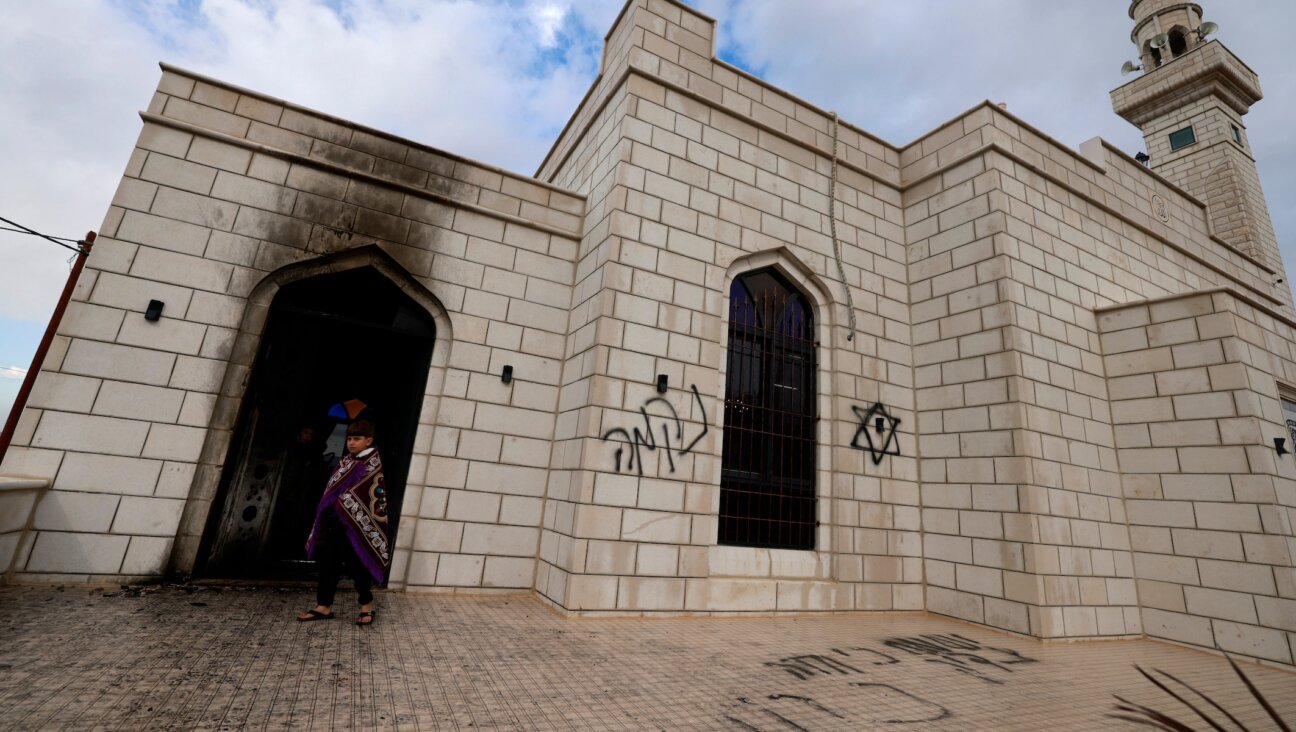Nazi Looted Art Experts Hold Conference
Experts on Nazi-era looted art have gathered for a week of workshops aimed at improving their ability to track and restore objects to their rightful heirs.
The first ever Provenance Research Training Program, which concludes June 15, drew 34 international participants – from museum directors to law enforcement agents, from art restitution experts to representatives of major auctioneering firms – to discuss and debate the challenges of tracking down and returning stolen art, 67 years after the end of World War II.
The items can be anything from paintings to silverware to books, said Wesley Fisher, director of research at the Conference on Jewish Material Claims Against Germany. His organization co-sponsored the program together with the European Shoah Legacy Institute and the Magdeburg-based Coordination Office for Lost Cultural Assets.
“Provenance research has never really become an established field,” Fisher lamented. “It is not taught in art history courses and in many countries it does not exist at all.”
The new program – an outgrowth of the 1998 Washington Conference on Nazi looted art and the 2009 Holocaust Era Assets Conference in Prague – intends to address this deficit, he said.
In a seminar room at the Magdeburg Ministry for Health and Social Affairs, participants discussed the ethical, financial and legal challenges of their work and shared information about the databases they have built for the purpose of provenance research.
“There are still hundreds of thousands of objects that are missing,” Michael Franz, director of the Coordination Office for Lost Cultural Assets, said. But they are more than mere objects, he added: “They are like an historical mirror. These objects are always firmly connected with a human face.”
The workshop program, coordinated and led by Marc Masurovsky, co-founder of the Holocaust Art Restitution Project, was due to conclude Friday with the distribution of certificates to participants.
Fisher said plans are under way to hold similar workshops in Zagreb, New York and Jerusalem, each with a slightly different focus. “We want to do more than simply train people. We want this to become an international network,” he said.
A message from our Publisher & CEO Rachel Fishman Feddersen

I hope you appreciated this article. Before you go, I’d like to ask you to please support the Forward’s award-winning, nonprofit journalism during this critical time.
We’ve set a goal to raise $260,000 by December 31. That’s an ambitious goal, but one that will give us the resources we need to invest in the high quality news, opinion, analysis and cultural coverage that isn’t available anywhere else.
If you feel inspired to make an impact, now is the time to give something back. Join us as a member at your most generous level.
— Rachel Fishman Feddersen, Publisher and CEO























